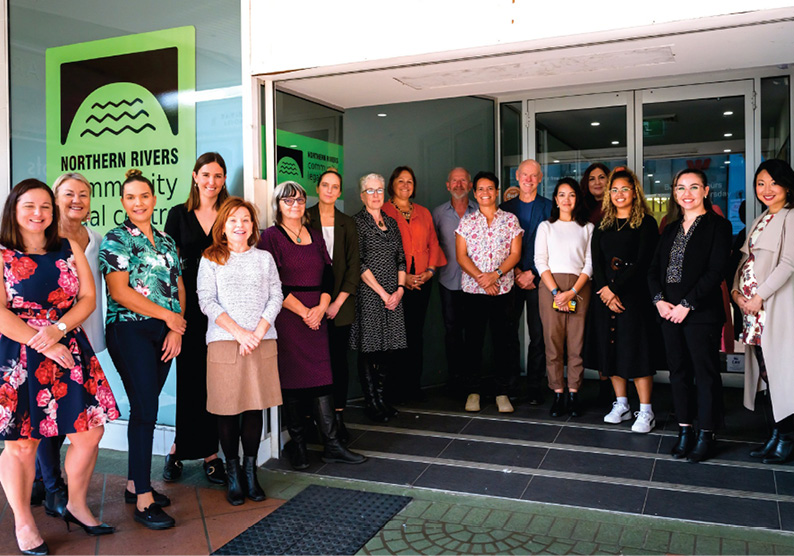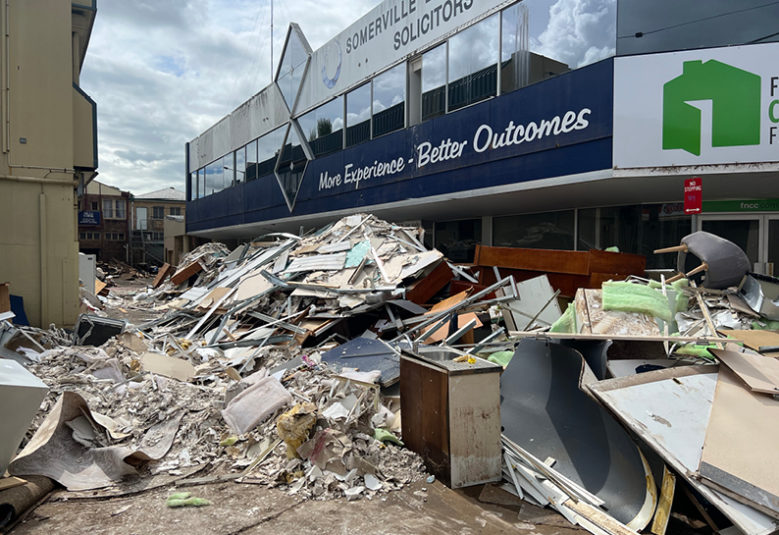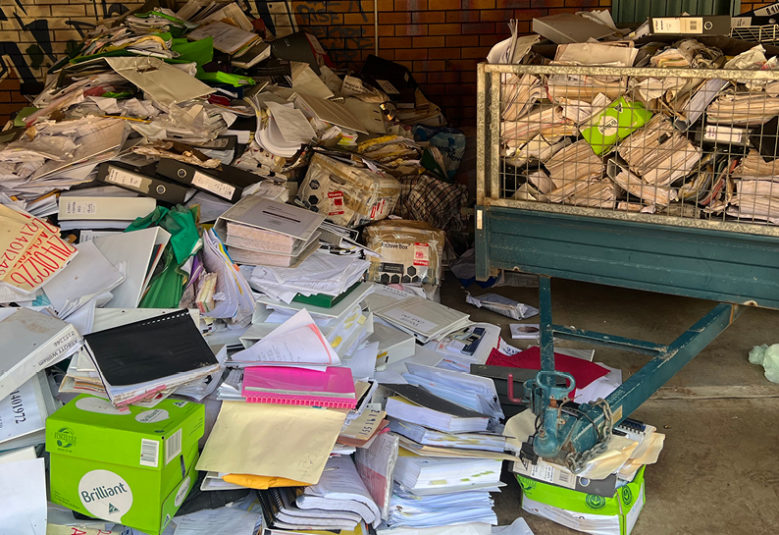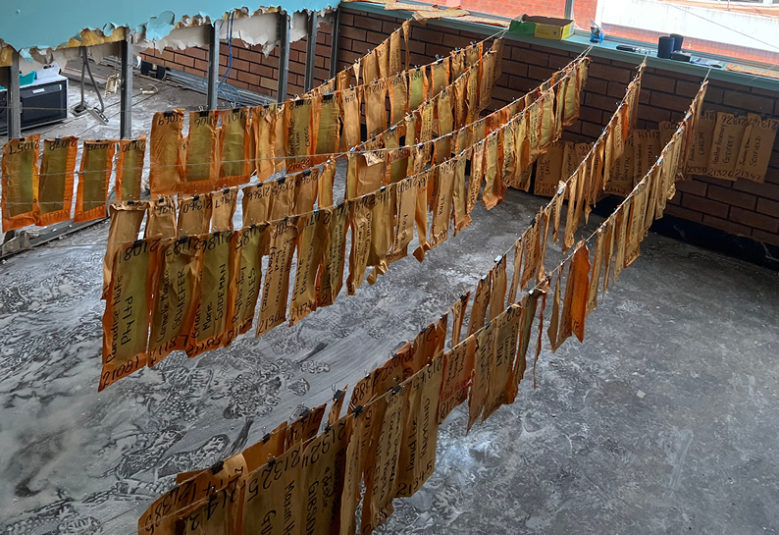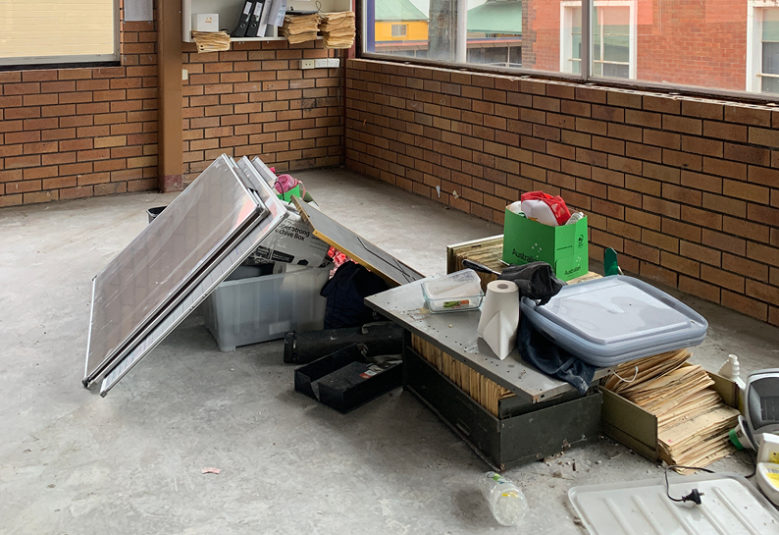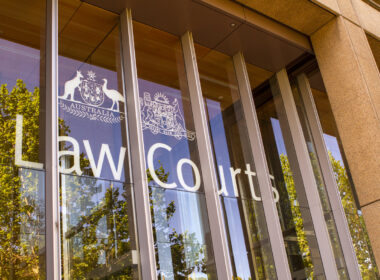When catastrophic flooding enveloped the NSW Northern Rivers in March 2022, Lismore was thrown into the public consciousness as the epicentre of the disaster.
Heartbreaking pictures of residents being rescued from their roofs, and homes floating through the streets after being ripped from their foundations, were plastered across every news outlet. The public heard stories of locals having to swim through their homes to try to escape the rising waters. Every house in North and South Lismore was damaged.
It was the worst flooding in the region’s history.
From the devastation emerged a story of a broken community working together to rebuild despite their trauma and grief.
And at the forefront of that narrative was, and still is, the team of solicitors and social workers at the Northern Rivers Community Legal Centre. Despite losing both its offices in the flood, the centre played a pivotal role in supporting the local community to recover in the aftermath of the disaster.
A short new documentary by Community Legal Centres NSW (CLC NSW) tells the compelling story of community response and recovery through the eyes of the Northern Rivers team, detailing their harrowing experiences during the disaster.
In Living under threat, the centre’s staff relay emotional stories from Lismore, both their personal experiences and those of the clients they supported – and are still supporting nine months on.
More than the physical and psychological impacts, climate disasters can create or exacerbate serious legal issues, including problems with insurance claims, housing and tenancies, income and social security, credit and debt, family violence and family law issues, and destroyed documents and wills.
Katrina Ironside, Executive Director of CLC NSW, told LSJ the documentary draws attention to this broad spectrum of legal issues, especially domestic violence matters, in cases where vulnerable people returned to sharing accommodation with a perpetrator because they had no other choice.
“The people that community legal centres support are often first and hardest hit by climate disasters,” Ironside told LSJ.
“People experiencing financial hardship, First Nations people, people who are homeless, people with disabilities, and people living in rural, regional and remote communities, are time and time again left with inadequate protection from climate catastrophes such as bushfires, flooding, extreme heat or cold, hailstorms.
“They have little support to rebuild their lives.”
The documentary hears from community lawyers, domestic violence specialists and tenant advocates from the Northern Rivers CLC who hit the ground running, providing free, high quality legal and social support to people displaced by the floods. Their services, initially offered at evacuation centres, are now being provide at disaster recovery centres.
“Everyone in the film has something important to say about how climate justice isn’t just about keeping fossil fuels in the ground or raising flood walls,” Ironside said.
“Climate justice is the collective work of community. It pulls together all the threads of all the work that we do at community legal centres.
“We’re already in community, we are of community, we’re doing the work. We need resources to ensure our centres are able to help their community to prepare and respond to climate crises like these floods. These crises are going to keep happening. Community legal centres have a role to play in making sure people are looked after. It’s what we do.”
Watch Living under threat here.

